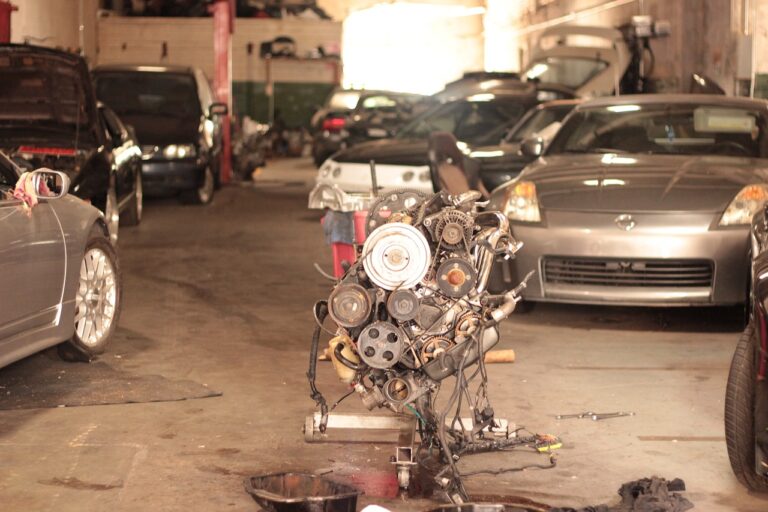The Impact of Autonomous Vehicles on Insurance: 11xplay online, Indiabet24, Skyfairvip
11xplay online, indiabet24, skyfairvip: The Impact of Autonomous Vehicles on Insurance
Self-driving cars have been making headlines in recent years as advancements in technology continue to push the boundaries of what is possible on the roads. While the concept of autonomous vehicles may seem like something out of a sci-fi movie, the reality is that they are becoming more and more common on our streets every day. As this technology evolves, it’s essential to consider how it will impact the insurance industry.
Autonomous vehicles have the potential to revolutionize the way we think about car insurance. With fewer accidents caused by human error, insurance companies may need to reevaluate their business models and consider new ways to provide coverage for self-driving cars. In this article, we will explore the impact of autonomous vehicles on insurance and how the industry may need to adapt to this new reality.
The Rise of Autonomous Vehicles
Autonomous vehicles, also known as self-driving cars, are vehicles that can operate without human intervention. These cars use a combination of sensors, cameras, and artificial intelligence to navigate the roads and make decisions in real-time. While fully autonomous vehicles are not yet available to the general public, many car manufacturers are testing prototypes and working towards mass production.
The promise of autonomous vehicles is substantial. Proponents argue that self-driving cars will reduce accidents, decrease traffic congestion, and improve overall road safety. With the potential to save lives and revolutionize transportation, it’s no wonder that many are excited about the rise of autonomous vehicles.
The Impact on Insurance
One of the most significant impacts of autonomous vehicles will be on the insurance industry. With traditional cars, insurance premiums are calculated based on factors such as the driver’s age, location, driving record, and the type of car they drive. However, with autonomous vehicles, the responsibility for driving shifts from the driver to the car itself.
This shift raises questions about who is liable in the event of an accident involving an autonomous vehicle. Will the manufacturer be held responsible for any malfunctions in the car’s software or sensors? Or will the individual owner still be expected to carry insurance for situations where they need to take over control of the vehicle?
These questions are still being debated by lawmakers and insurance companies. However, one thing is clear: the rise of autonomous vehicles has the potential to disrupt the traditional insurance model. With fewer accidents caused by human error, insurance companies may see a decline in their revenue from premiums.
Adapting to a New Reality
As autonomous vehicles become more prevalent on our roads, insurance companies will need to adapt to this new reality. One possible solution is for insurance companies to shift their focus from insuring individual drivers to insuring car manufacturers.
By providing coverage for manufacturers, insurance companies can help offset the costs of potential liability claims resulting from accidents involving autonomous vehicles. This shift in focus may require insurance companies to develop new products and services tailored specifically to the needs of car manufacturers.
FAQs
Can I still drive my own car if autonomous vehicles become more common?
Yes, you will still be able to drive your car even as autonomous vehicles become more prevalent on the roads. However, as the technology advances, you may find that self-driving cars are safer and more efficient than traditional cars.
Will insurance premiums go down with the rise of autonomous vehicles?
It’s possible that insurance premiums may decrease as the number of accidents caused by human error decreases. However, insurance companies may need to adjust their pricing models to account for new risks associated with autonomous vehicles.
What happens if an autonomous vehicle gets into an accident?
In the event of an accident involving an autonomous vehicle, liability may fall on the manufacturer, the software developer, or the individual owner of the vehicle. Insurance companies will need to work with lawmakers to determine who is ultimately responsible for any damages resulting from an accident.
Conclusion
The rise of autonomous vehicles has the potential to revolutionize the way we think about transportation and insurance. As self-driving cars become more prevalent on our roads, insurance companies will need to adapt their business models to account for this new reality. By considering the impact of autonomous vehicles on insurance, we can better prepare for the changes that lie ahead.







